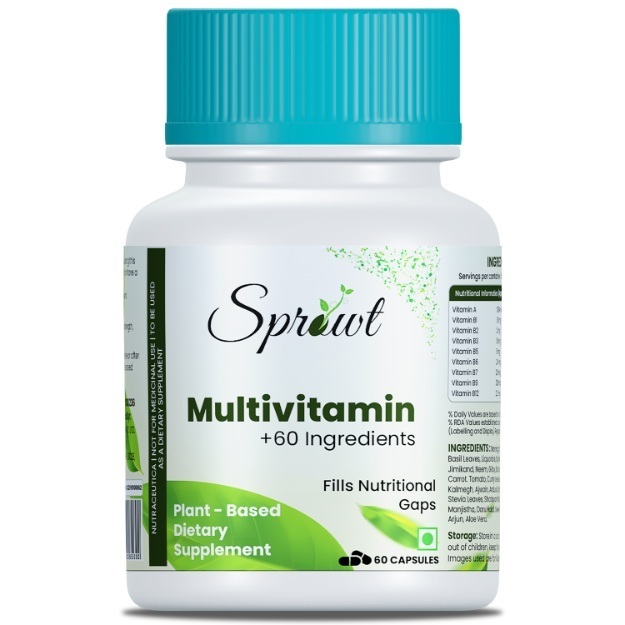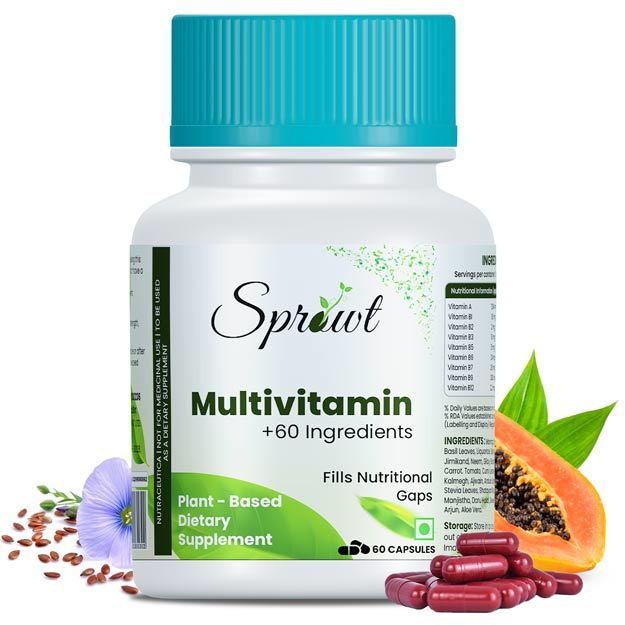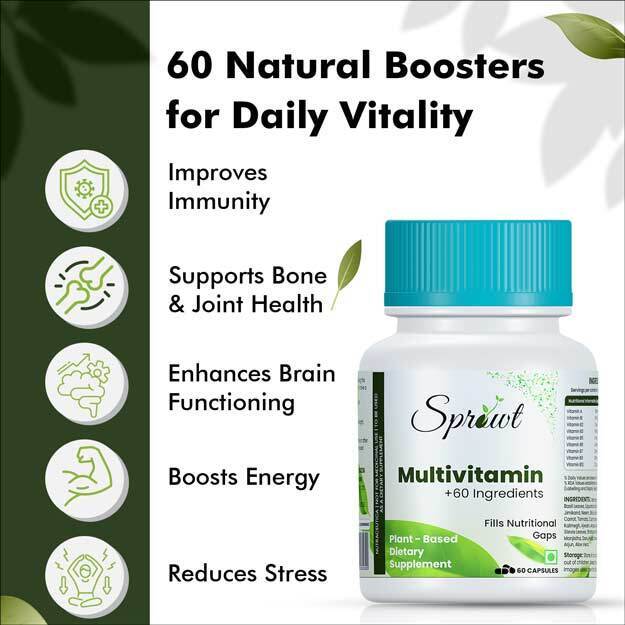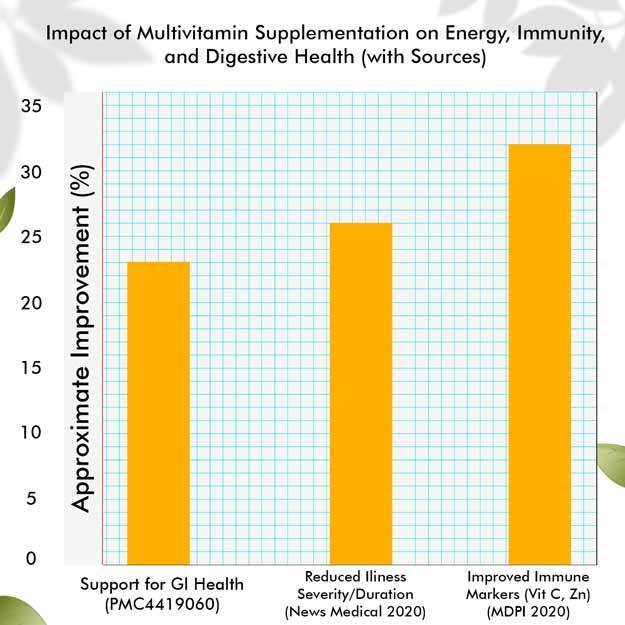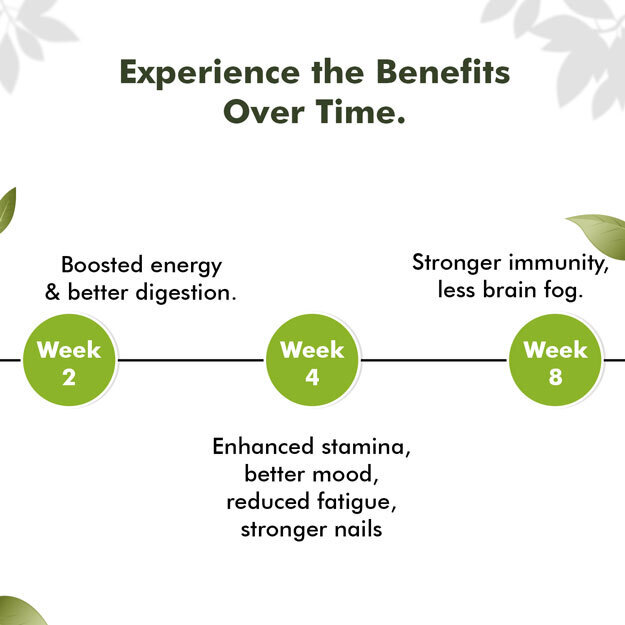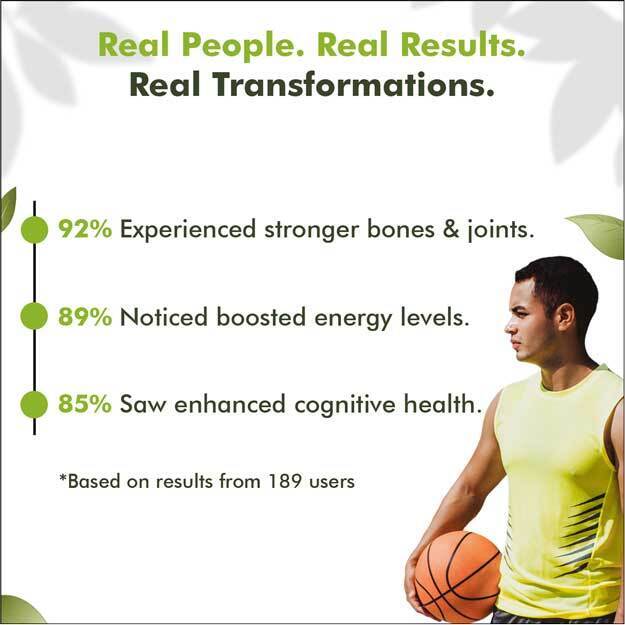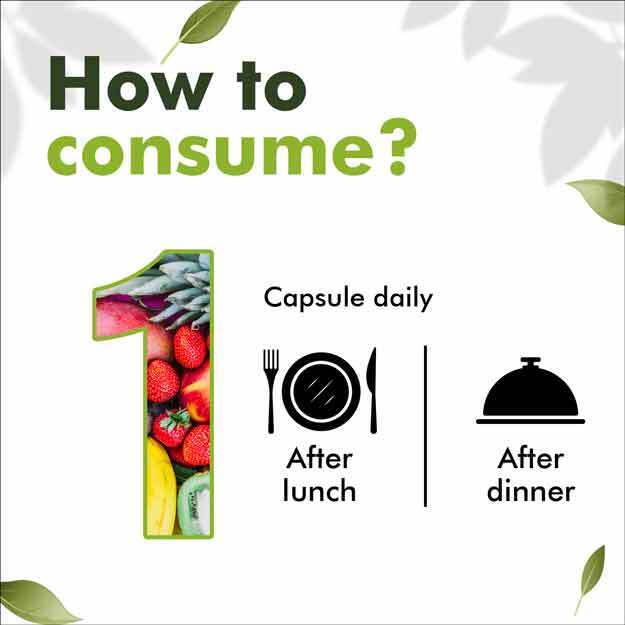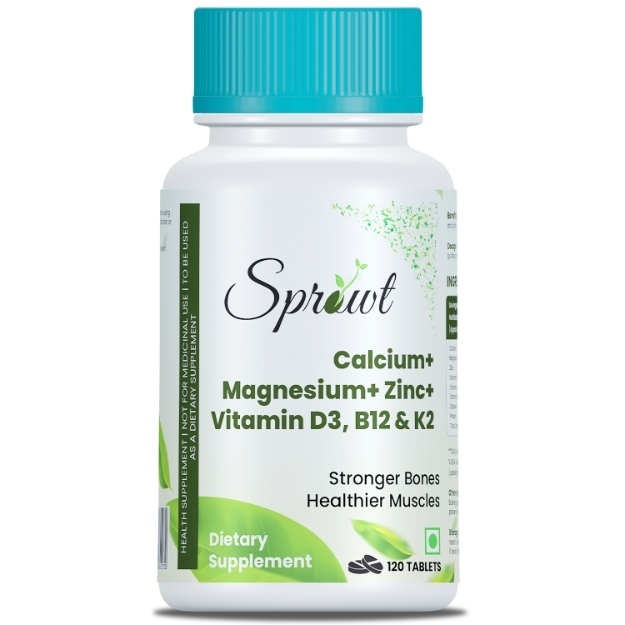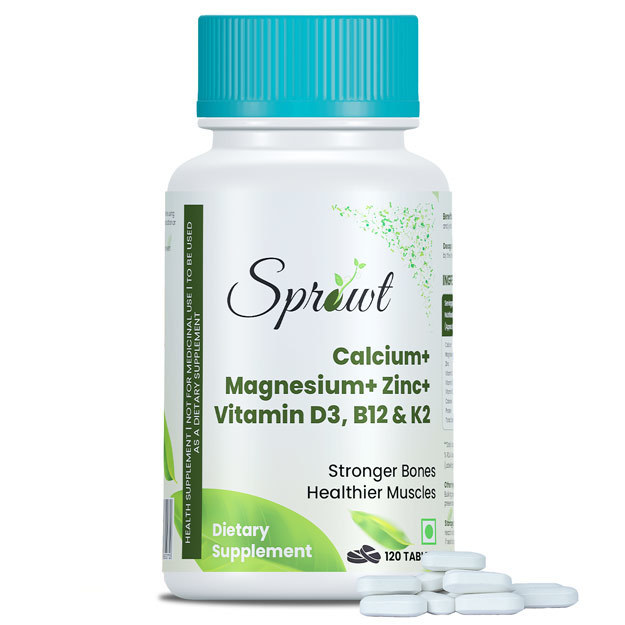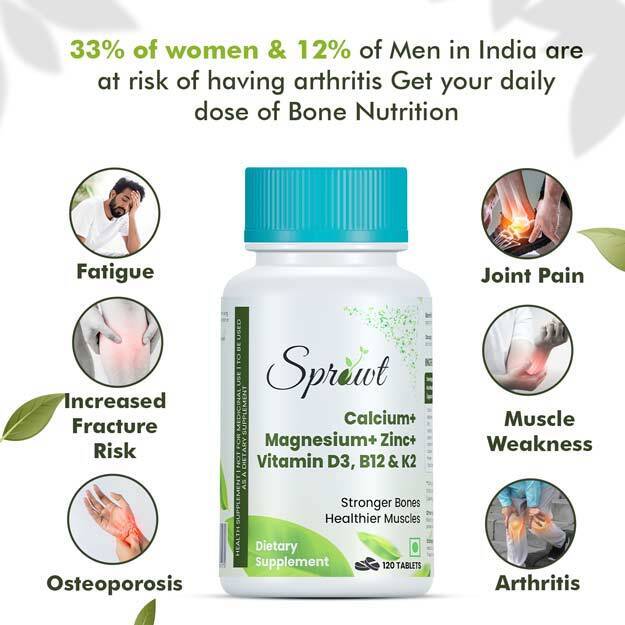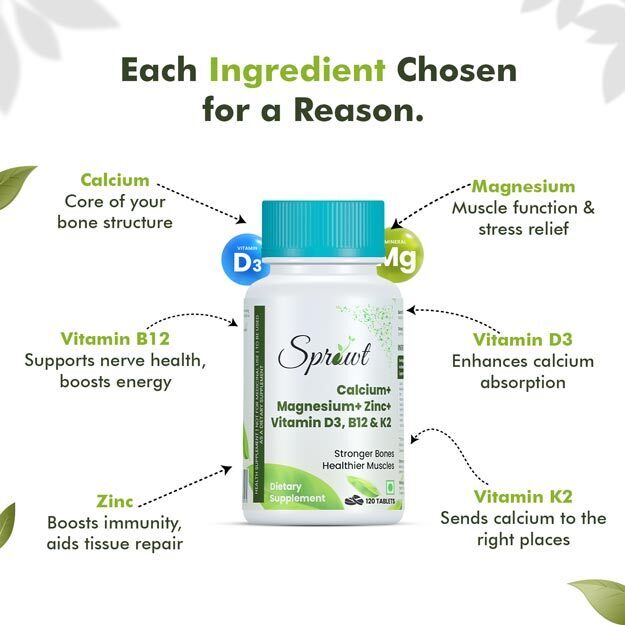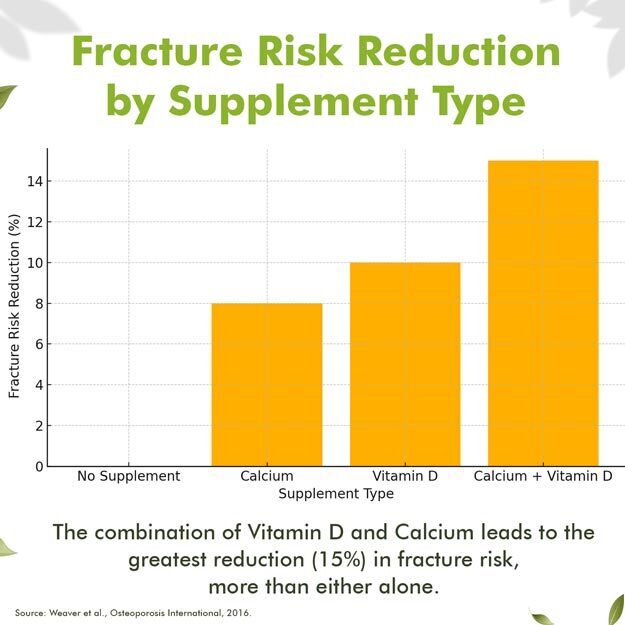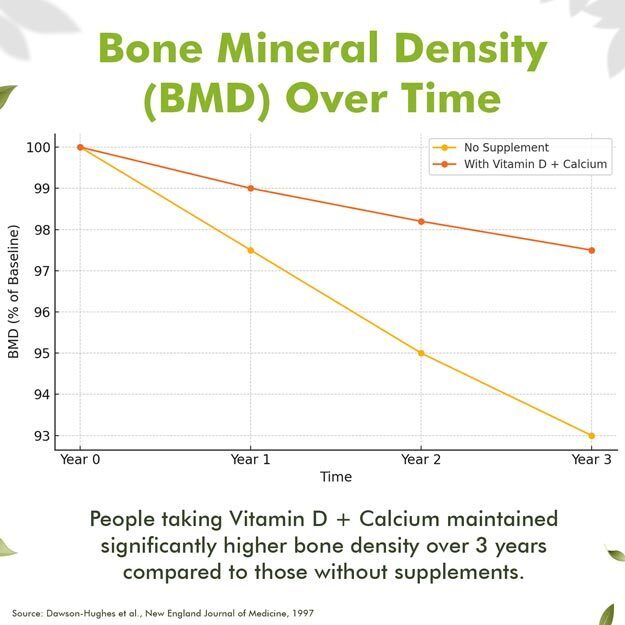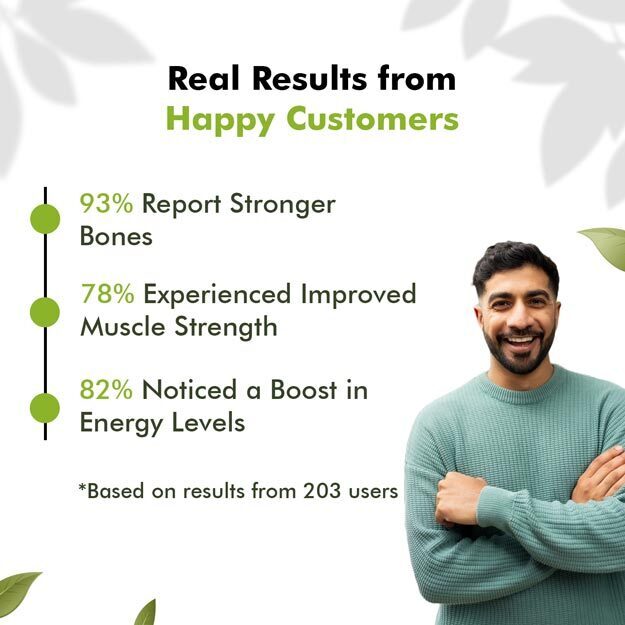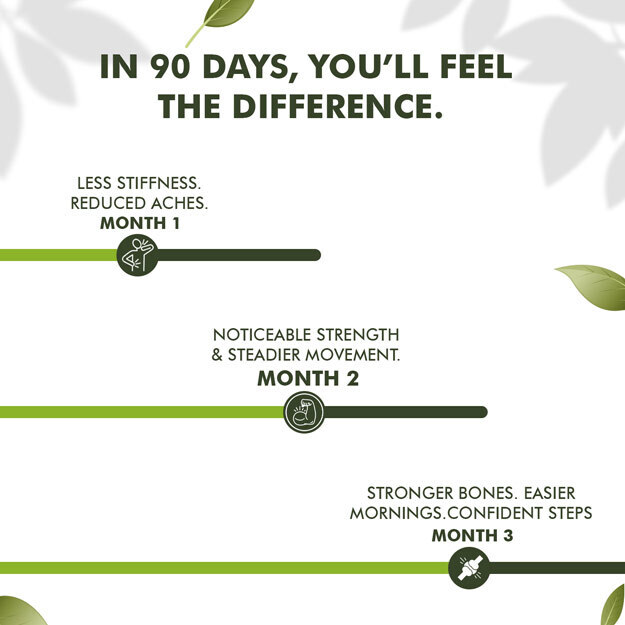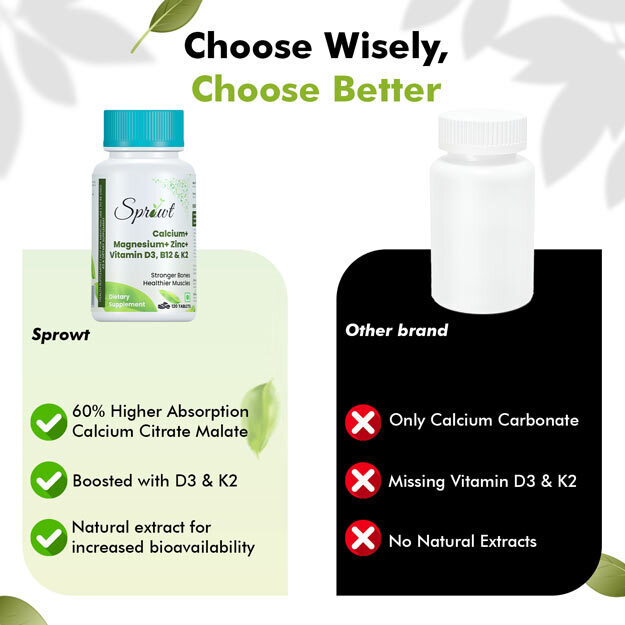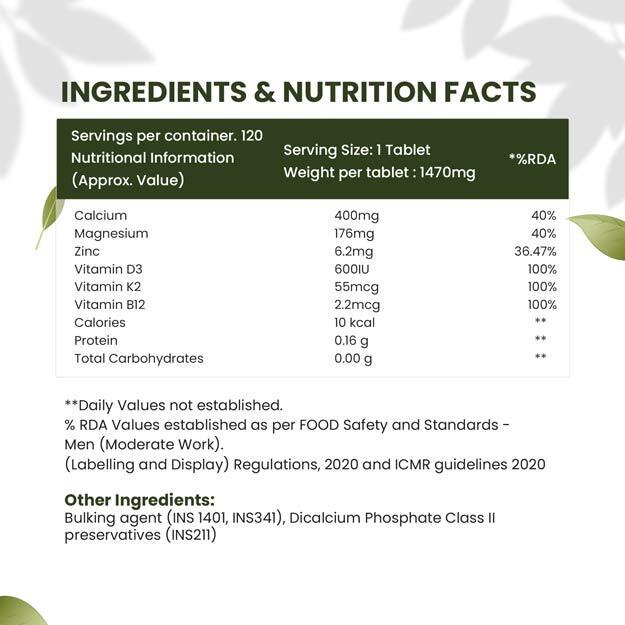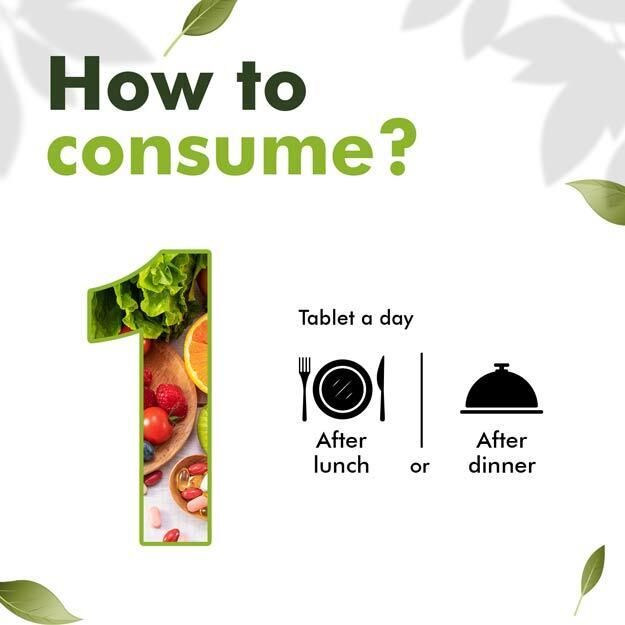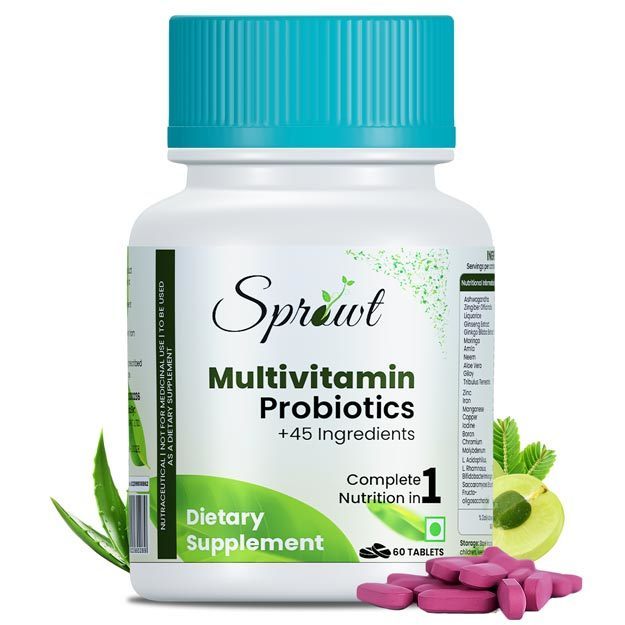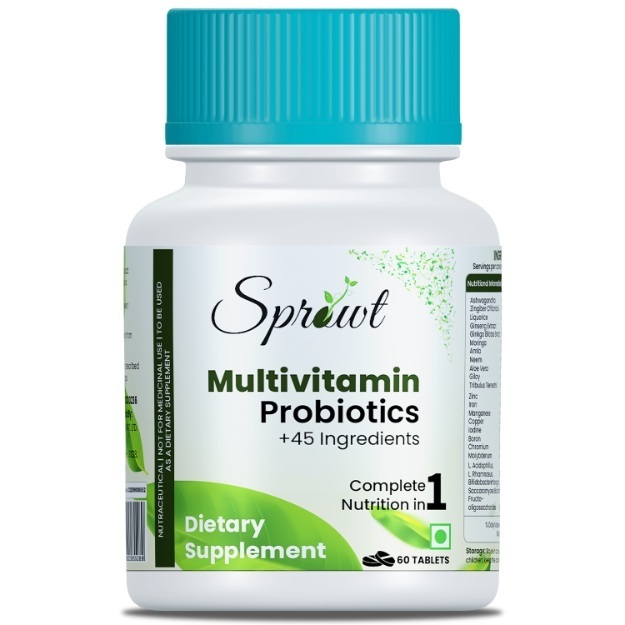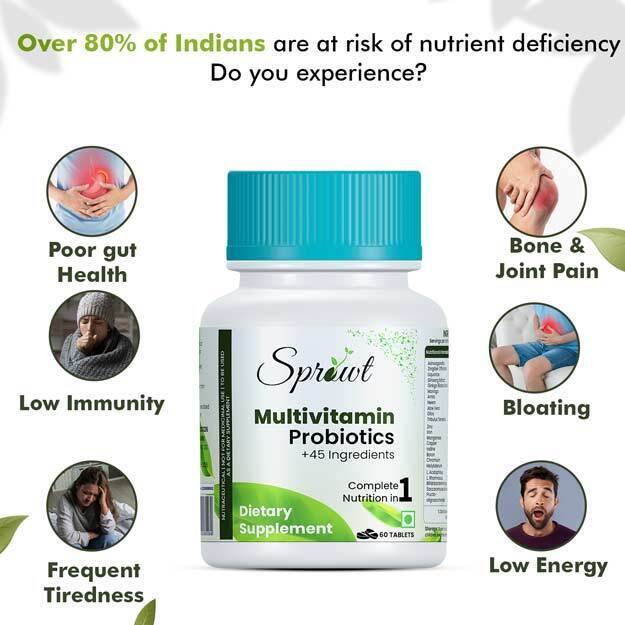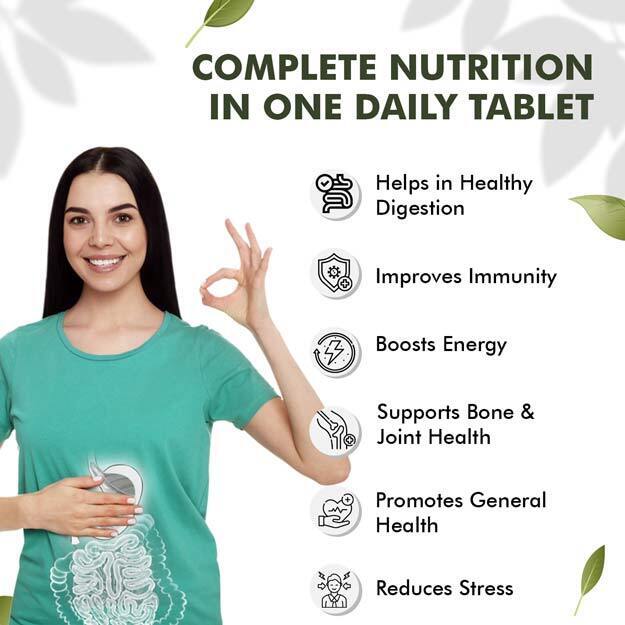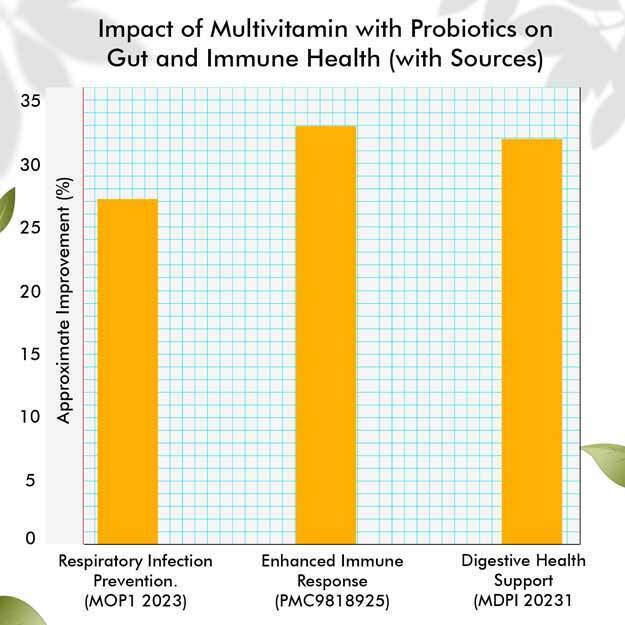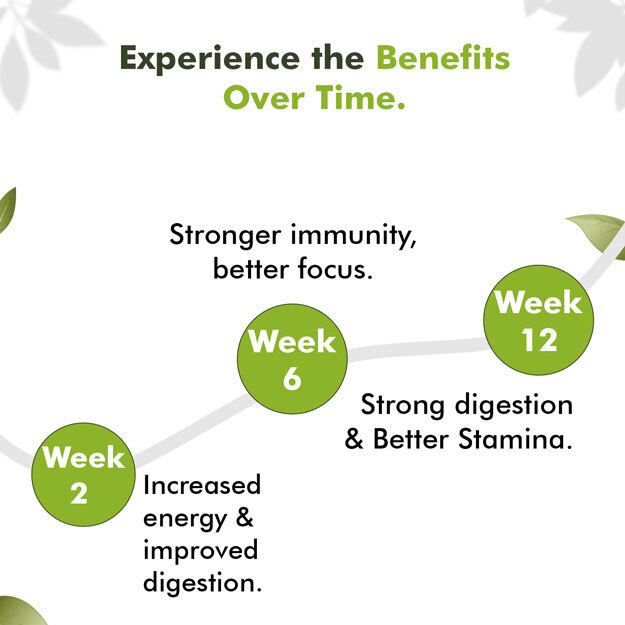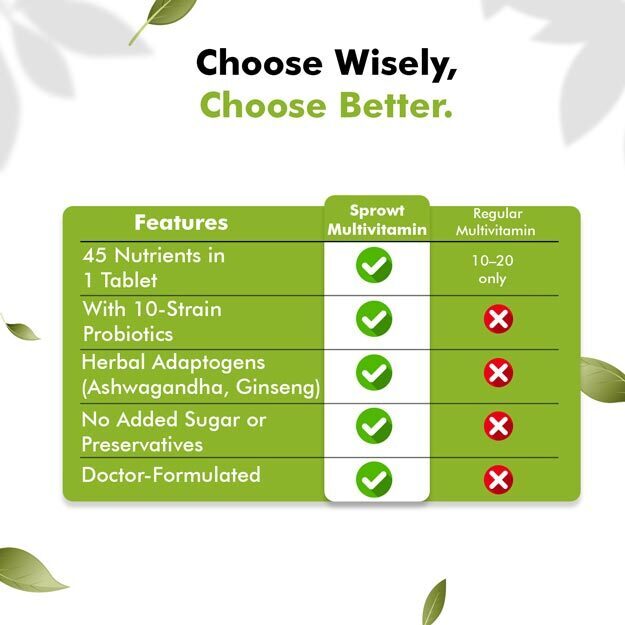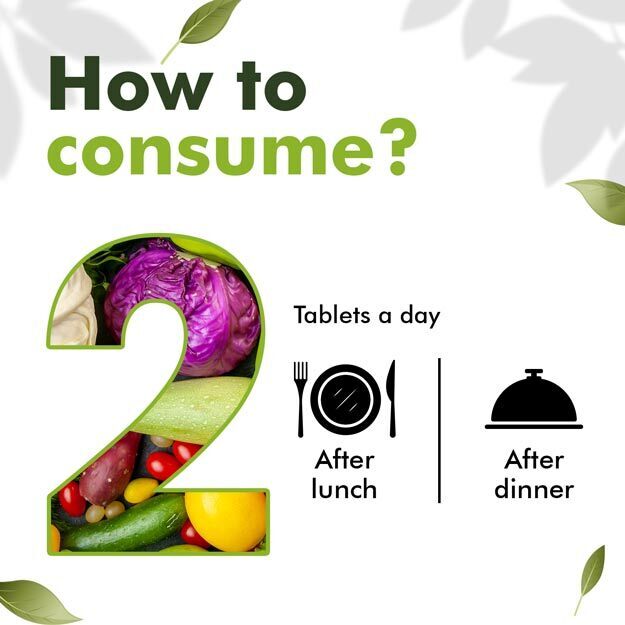In urban environments, people do not get time to eat due to lack of time and work tension. In such a situation, due to not being able to eat properly, most of the people start lacking nutrition and this deficiency is the main reason for gradually reducing the working capacity of the person. Apart from the city, most of the people in rural areas also have to face similar problems. To meet the vitamin deficiency in the body, doctors advise a person to take multivitamin tablets, syrup or capsules.
In view of the increasing utility of multivitamins, you are being told about multivitamins in detail in this article. Also, in this article, an attempt has been made to explain in detail what is multivitamin, who should take multivitamins, benefits of multivitamins, disadvantages of multivitamins and which is better among multivitamin capsules, syrup and tablets etc.
(Read more - Top 10 Multivitamins For Womens)
- What Is Multivitamin?
- Types Of Multivitamins
- Benefits Of Multivitamins
- Disadvantages Of Multivitamins
- Who Should Take Multivitamins?
- Summary
What Is Multivitamin?
Multivitamins are a combination of many vitamins, which are normally found in your diet and other natural sources. Multivitamins are used when you are unable to get the vitamins necessary for the body from your diet. Multivitamins are also given when there is a deficiency of vitamins in the body due to any disease, pregnancy, malnutrition, digestive disorders and other health conditions.
(Read more - Science Speaks: Do Multivitamins Really Work?)
There is no fixed standard for making multivitamin medicines, as well as the amount of nutrition and vitamins provided by them can vary depending on the drug manufacturing company. In the market, these medicines are also known by many names like multivitamins, multiminerals, multis, multiples and simply vitamins. Multivitamins are available in the market in many forms like tablets, capsules, chewable tablets, powder and syrup.
(Read more - Side Effects of Multi Vitamins)
How is multivitamin medicine made?
A person needs about 13 vitamins and 16 minerals to stay healthy. Multivitamins play an important role in the enzyme reactions, hormonal functions, structural elements and molecular signals in the body. The body needs all the nutrients to control reproduction, growth and physical processes.
Medicines are made by mixing vitamins and minerals necessary for the body, but their form and quantity may vary. Along with this, amino acids, fatty acids and many herbs are also added to multivitamins. There are no specific rules regarding dietary supplements, so the amount of nutrients mentioned in the label of multivitamin medicines may be more or less. In some cases, the number of nutrients added in the multivitamin may also be less than the list.
(Read more - 10 Best Multivitamin Tablets For Your Daily Routine)
Types Of Multivitamins
The multivitamins available in the market are available in many forms such as tablets, capsules and syrups etc. Each type of multivitamin can have different advantages and disadvantages.
Tablets
- It is small in size and can be easily stored. Also, it is cheap and does not spoil for a long time.
- Some people find it difficult to swallow pills.
Soft Gel Capsules
- Capsules are absorbed better than tablets.
- Capsules do not remain as good for as long as tablets and they are absorbed at a slower rate than syrup.
Syrup
- Multivitamin syrup present in liquid form can be easily drunk. Also, its absorption rate is 100 percent. The vitamins and minerals present in the syrup are easily absorbed in the blood.
- Its life span is not long, that is, it gets spoiled quickly and it is also difficult to carry them anywhere. Also, these multivitamins are very expensive.
(Read more - Role of Fat Soluble Vitamins)
Benefits Of Multivitamins
Taking multivitamins can fulfill the deficiency of nutrients in the body and a person can be protected from many diseases. Apart from this, the benefits of multivitamins are explained in detail as follows.
Increase energy:
If your body does not get enough vitamins, then in such a situation your body starts spending more energy even in doing light work, due to which you get fatigue and other health related problems. Whereas taking multivitamins and adopting a healthy routine keeps you energetic and fit.
Improve mood:
Some studies show that people who take multivitamins have a positive effect on their mood and also become emotionally strong. Actually, taking adequate amounts of vitamins and minerals improves the functioning of your brain and it directly affects your mood.
Reduce stress:
Taking multivitamins daily reduces the level of stress and anxiety. The body uses vitamin B to convert food into energy. The body uses vitamin B to convert food into energy, this helps the nervous system to function properly and produces stress hormones. Taking multivitamins daily fulfills the vitamin deficiency in your body.
(Read more - Vitamins in Apples)
Improve memory:
Recent studies have shown that vitamin B supports your short term memory. In the study, adults who were given vitamin B12 supplements performed better in memory tests than those who did not take the supplements.
Increase muscle strength:
Free radicals are mainly related to age-related muscle problems. Regular intake of multivitamins can reduce the side effects of such free radicals.
(Read more - Why Are Vitamins Important For Vital Nutrients)
Disadvantages Of Multivitamins
Multivitamins should always be taken only after consulting a doctor. If you experience any allergic reactions like hives, difficulty in breathing, swelling of face, lips, tongue and throat due to multivitamins, then you should immediately go to the doctor for treatment.
Multivitamins have different side effects in all people. Taking multivitamins after consulting a doctor reduces the chances of side effects. The following may be some minor side effects of multivitamins:
- Upset stomach
- Headache
- Bad taste in mouth, etc.
(Read more - Vitamin Deficiency and Dry Skin)
Who Should Take Multivitamins?
It cannot be confirmed whether all people should take multivitamins or not. In some cases, multivitamins can also be harmful for people. However, people of certain age groups and groups can get special benefits from multivitamins, such as:
Elderly:
As a person's age increases, the process of absorption of vitamin B12 decreases. Along with this, older people also need more calcium and vitamin D. As the age increases, less hydrochloric acid is secreted in the stomach, which hinders the breakdown of food in the stomach and the absorption of nutrients.
Vegetarians:
People who are pure vegetarians are more likely to have a deficiency of vitamin B12, because this vitamin is obtained only from non-vegetarian food. Also, such persons may also have deficiency of calcium, zinc, iron, vitamin D and omega-3 fatty acids.
(Read more - Vitamins in Amla : Essential Nutrients for a Healthier You)
Pregnant and breastfeeding women:
Pregnant and breastfeeding women should consult their doctor before taking multivitamins. Along with this, women who are considering pregnancy should take about 400 micrograms of folic acid daily, this reduces the risk of neural tube defects. At this time, taking about 10 micrograms of vitamin D daily by the woman helps in the development of the fetus. Multivitamins which contain high amounts of iron, folic acid and vitamin D are considered right for pregnant women.
Children from 6 months to 5 years:
Experts recommend children from 6 months to 5 years of age to take multivitamins containing vitamin A, vitamin C and vitamin D. All these vitamins are necessary for the child in the early years. These vitamins are especially important for children who are reluctant to eat food.
Players:
People who are players or athletes need more nutrients than others to repair their muscles and maintain fitness. Creatine and amino acids help your muscles recover quickly after doing weight exercises for a short time.
(Read more - Remedies for muscle pain)
Lack of nutrition:
Many studies have shown that most people are not able to get enough nutrients through their diet. This can also happen due to poor quality of land, because vegetables and fruits grown in such a place lack nutrition. Taking multivitamins along with vitamins and minerals fulfills the lack of nutrients.
Smoking:
People who smoke regularly require high amounts of vitamin C. This antioxidant vitamin is important for controlling free radicals caused by chemicals in cigarettes. Vitamin B12 is also essential for smokers, as smokers have very low serum levels of vitamin B12. Some facts suggest that smokers who do not take high amounts of beta carotene or ignore it are at increased risk of developing lung cancer.
Eating a particular type of diet:
When you continuously take a particular type of diet, it can also cause deficiency of nutrients in the body. For example, people who eat pure vegetarian food may have a deficiency of vitamin B12 because this vitamin is mainly found in non-vegetarian food, dairy products and eggs. In such a situation, you may need to take a multivitamin.
Less exposure to sunlight:
Vitamin D is considered the foundation of good health, but it is difficult to meet its requirement through diet alone. Taking about 10 micrograms of vitamin D supplements daily prevents vitamin D deficiency in the body.
(Read more - Vitamin Deficiency and Migraines)
Summary
Multivitamins are a complete supplement to fulfill the body's essential vitamins and minerals. They help in fulfilling the deficiency in normal diet and increasing the body's immunity. Consuming multivitamins helps maintain energy levels, improve skin, hair and bone health, and strengthen the digestive system. It is especially beneficial for people whose diet is not balanced or whose nutritional needs are increased, such as pregnant women, elderly people, or physically active individuals. However, multivitamins should be taken as per the doctor's advice, as their excess can be harmful to health.
Medicines / Products that contain Multivitamin
- Cipzer Multivitamin Capsule (60) - ₹899
- Osedrate Tablet - ₹161
- Jointace C2 Tablet (10) - ₹313
- Zincovit Drop - ₹57
- Nutracology Multivitamin For Men Tablet - ₹400
- Bevon Capsule - ₹128
- Bevon Drops - ₹50
- Zenius Beauty Capsule (60) - ₹672
- Mactotal Oral Suspension - ₹146
- Evaaide Nutrition Powder - ₹450
- Ovabless Myo Tablet - ₹217
- Maxirich Multivitamin & Minerals Softgel (10) - ₹122
- Nutracology Multivitamin For Women Tablet - ₹400
- Health OK Drops 15ml - ₹56
- HealthVit Femyvit Women Tablet - ₹285
- Vidavance Powder for Diabetes & Pre Diabetes Chocolate 400gm - ₹722
- HealthAid MultiMax for Men - ₹1489
- Ensure Plus Vanilla Powder 1000gm - ₹1258
- Dexolac 4 Follow Up Formula - ₹327
- CRC Gold Tablet - ₹157
- Nutracology Hair Skin & Nails Tablet - ₹600
- Sunova Organic Spirulina Capsule - ₹225
- Virgo Healthcare Lycowerg Q , CoQ10 & Lycopene Tablet (10) - ₹410
- Virgo Healthcare Lycovir Syrup Pack of 2 (200 ml Each) - ₹300
- Similac Advance Stage 2 Follow Up Formula - ₹864
- Avenida Gold Capsule (60) - ₹758
- Keraglo Men Tablet (10) - ₹237
- Keraglo Men Tablet (30) - ₹580
- Virgo Healthcare Lycovir Capsule (10) - ₹150
- Virgo Healthcare ZeroFall Tablets (10) - ₹250
- Biomedison Re Neu E Veg Capsule - ₹450
- Absolut 3G Capsule - ₹186
- Boomcal Olive Tablet (10) - ₹306
- A To Z NS Tablet (15) - ₹159
- Similac Advance Infant Formula Stage 1 Jar - ₹864
- Jointace C2 Plus Tablet (10) - ₹475
- LDD Bioscience Vitamin D Cal Alfa Plus Tablet (30) - ₹150
- Proathlix Protein Bar (Hazelnut) 50G (pack of 12) - ₹710
- Methycobal D Tablet - ₹217
- Prohance D Diabetes Care Vanilla 400gm - ₹688
- Becosules Plus Capsule - ₹201
- Avenida Gold Capsule (30) - ₹395
- LDD Bioscience Vitamin D Cal Alfa Plus Tablet (60) - ₹225
- Maxvida Powder Chocolate 400gm - ₹755
- Virgo Healthcare Protivir Diet,Diabetic Care Protein Powder (200gm) - ₹450
- Health OK Powder 5gm - ₹33
- Supradyn Tablet - ₹54
- Health OK Syrup 200ml - ₹133
- Pro PL Protein Powder Vanilla 200 gm - ₹294
- Full 365 Capsule - ₹112




